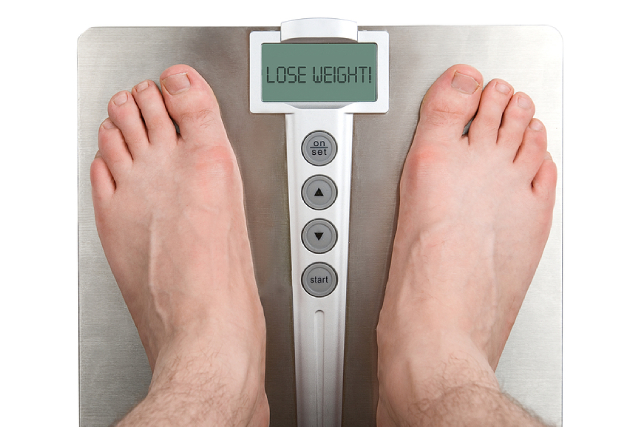
Avoid Gaining Weight With These Holiday Eating Tips
The holidays mark the most exciting times of the year. However, in between the parties, laughter, and merry-making, it’s also a time many find themselves packing on the pounds. In fact, the period between mid-November and the start of January sees an ordinary person add an average of half a kilogram. While this may seem negligible, many people don’t shed off the pounds they gain during the holidays. Holiday weight is a significant contributor to the overall annual weight gain for most people.
While it may seem illogical, adding several pounds over the holidays is far from unavoidable. There are logical methods to help you stay on track. This should not be construed to mean that you will have to avoid the eating and celebrations that characterise the holiday season. You will just need to make healthier food choices and eat in moderation.
Let’s see how you can navigate the holidays without adding inches to your waistline.
Adopt mindful eating
People are in a constant state of rush and excitement during the holiday season, which often contributes to multitasking when eating meals. According to research, people who eat while doing other tasks are more inclined to overindulging. The reason being they can’t listen to their body’s signal of fullness or contentment. To avoid this occurrence, concentrate on eating without distractions from work or video games. Another approach to eat mindfully is to eat slowly and chew thoroughly. As such, you’ll be able to pay attention to your body’s hints of fullness and consume fewer calories. Numerous studies reveal that those who observe mindful eating habits are less prone to add weight during the holidays.
Pick protein
Foods rich in protein are associated with weight control since they increase your metabolic rate and trigger the release of hunger-quashing hormones. Protein makes you feel full longer. Because you feel satisfied, your calorie intake will significantly be reduced. Plus, protein is the building block for healthy muscle mass. Muscles are renowned for their fat-burning prowess. For these benefits, make sure you get least 30 grams of protein per meal. Some sources of protein include fish, meat, poultry, beans, lentils and quinoa.
Fiber
Similar to protein, fiber is another nutrient positively related to fullness. Fiber-rich foods such as oatmeal, vegetables, whole grains, legumes, seeds, blueberries and raspberries induce fullness and thus reduce overall calorie intake. Therefore, a steady intake of dietary fiber is a sure way to avoid weight gain during the festivities. Despite the fact many typical holiday meals lack sufficient fiber, it’s your responsibility to add in fiber-rich foods into your holiday menu.
Small plates
Over the years, the size of plates has significantly increased. If possible, pick the smaller salad plate rather than the tray-like one holding mountains of food. Serving food on a small plate makes you feel fuller despite eating less food. The mind associates the empty space on a big plate with a lesser amount of food.
Complex carbs
Simple carbohydrates include white bread and refined sugars in candy and soft drinks. While they do provide energy, they often don’t provide similar nutrients as complex carbs. The body digests simple carbs a lot quicker compared to the complex type, which raises blood sugar levels and leaving you feeling hungry after a short while. In contrast, complex carbs take a long time before they are digested. As such, you remain fuller for longer.
If you are serious about checking your weight during the holidays, enroll in a weight loss program and stick to the tips mentioned above regarding food choices. Understand that you can say no to specific foods that don’t align with your objectives. Also, remember that you can allow yourself to cheat occasionally. If it happens, don’t abandon your goal. Just move on and pick a healthier food choice in subsequent meals.






